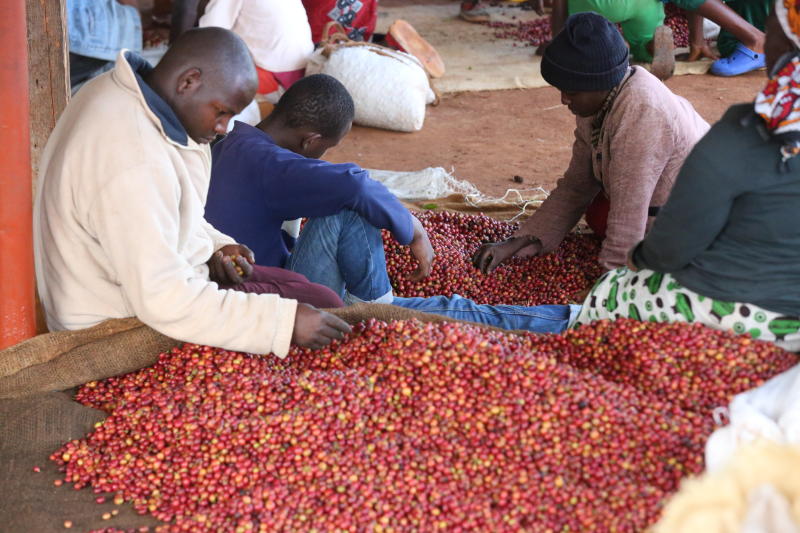×
The Standard e-Paper
Fearless, Trusted News

Shock and panic has engulfed Mt. Kenya region over possibilities of rain failures in March, April and May signaling of mass failure of tea, coffee and horticultural crops which drive the economy of the region.
Already, tea bushes are drying in some areas, while coffee flowering has withered due to no rainfall in some areas. The rivers are also drying, affecting flow of water into the many micro-irrigation community projects that are used to grow crops like tomatoes, cabbages, bananas, and sukumawiki.